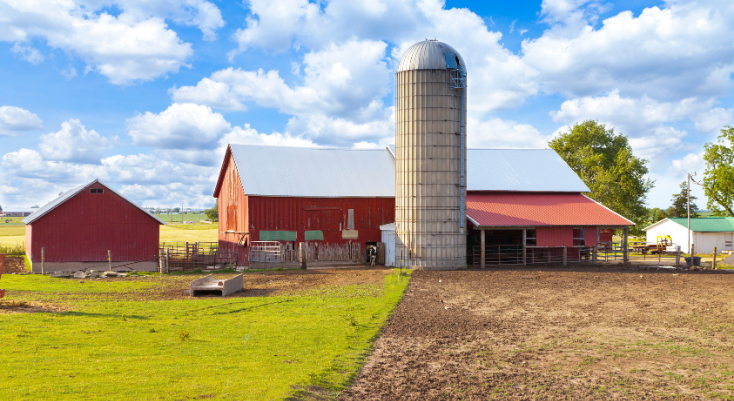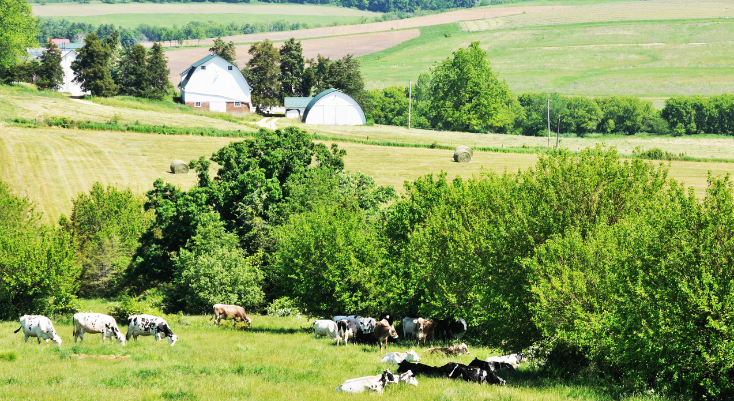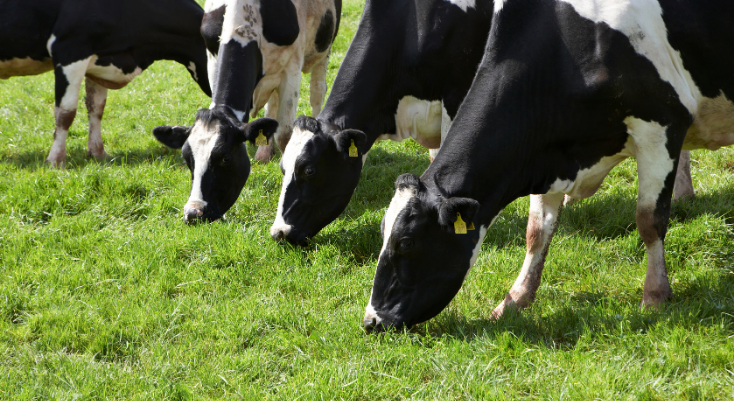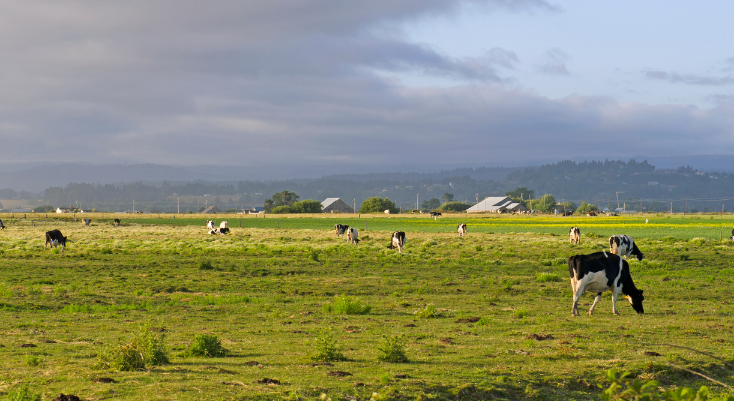Well-regarded experts will discuss public perception combined with environmental and socioeconomic impact of dairy at the IDF Symposium on the Role of Dairy in Sustainable Diets, 1st and 2nd February 2018.
Consumers are showing an increasing interest in the origins of their food, and are looking for reassurance from food producers, processors and retailers that it is responsibly produced. As a consequence, food retailers are looking for ways to provide such assurance to their consumers, either through the creation of sustainable sourcing evaluation, audit programs, or endorsement of existing dairy industry programmes. In the United States, nearly 98% of all farms belong to the National Dairy FARM (Farmers Assuring Responsible Management) Program, which sets the highest standards for animal care, antibiotic use and environmental sustainability—all in the spirit of continuous improvement. The FARM Program was recently approved as compliant with the ISO Technical Specification on Animal Welfare—indicating that the program now meets the highest international standards for animal care and wellbeing.
Emily Meredith’s presentation on “Changing perceptions about animal health and welfare” will discuss the evolution of the FARM program, customer and stakeholder collaboration, and how the program will continue to adapt and change to meet consumer demands and address emerging issues.
“The future success of the dairy industry depends on our ability to tell our story about how milk is sustainably, responsibly produced. Industry programs, like the National Dairy FARM Program in the United States help to both set standards for farmers, and tell our sustainability story in a relatable way to food producers and consumers.” said Emily Meredith of the National Milk Producers Federation.
In the dairy chain, milk production has a very unique position. On the one hand, if provides livelihoods for hundreds of millions of people and for many is essential to their survival. On the other hand, it accounts for a large proportion of the cost, resources used and non-fuel greenhouse gas emissions of the dairy chain.
In his presentation, “Dairy farmer sustainability based on socioeconomic indicators”, Torsten Hemme, IFCN Dairy Research Network, will demonstrate how that it is possible to analyze and compare various aspects of dairy farm sustainability. Moreover, IFCN has developed a first concept to also measure the resilience of dairy farming. With the significant milk price volatility this aspect gains importance in the future.
The full programme is available at https://www.fil-idf.org/idfevent2018/















